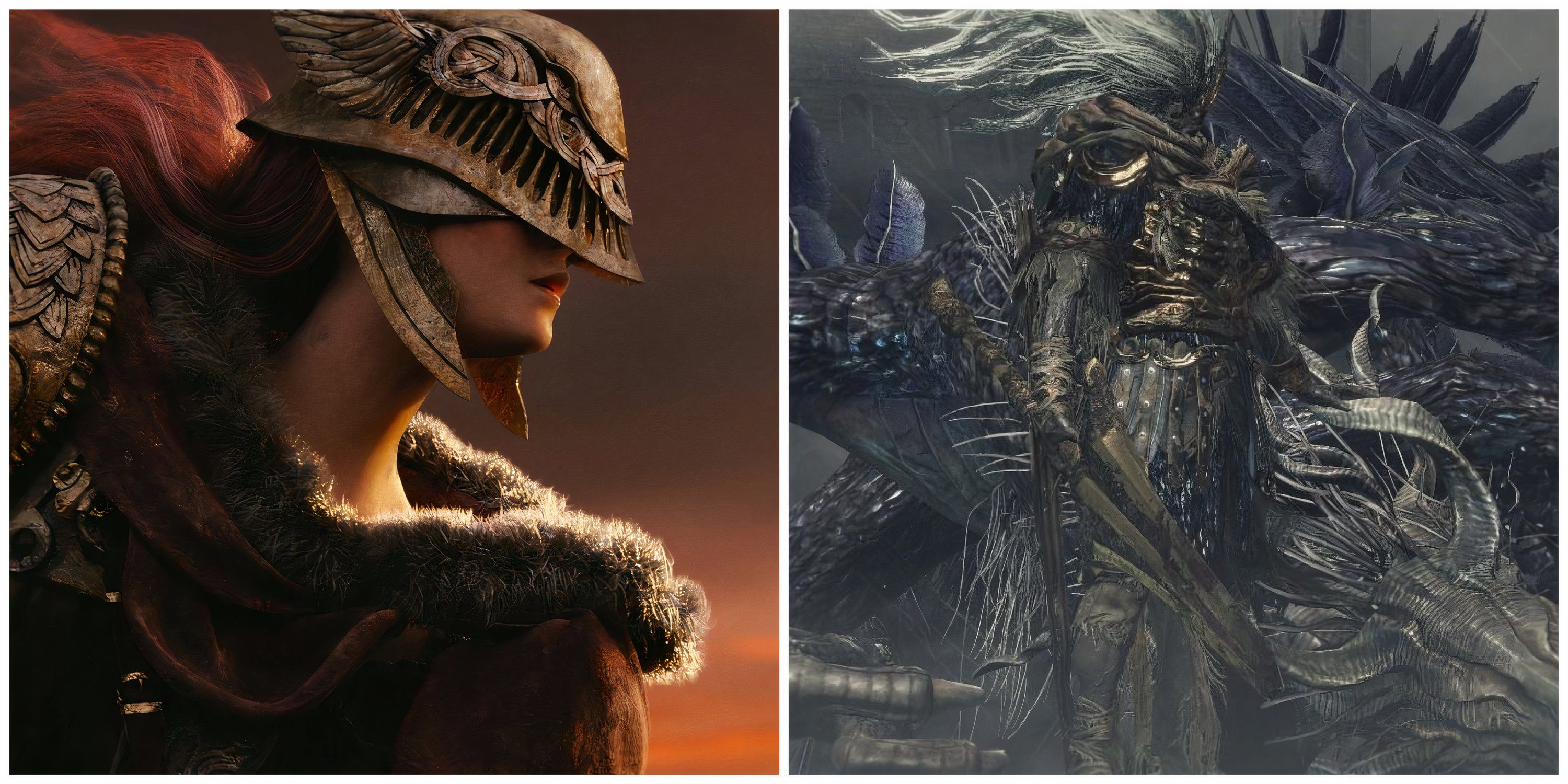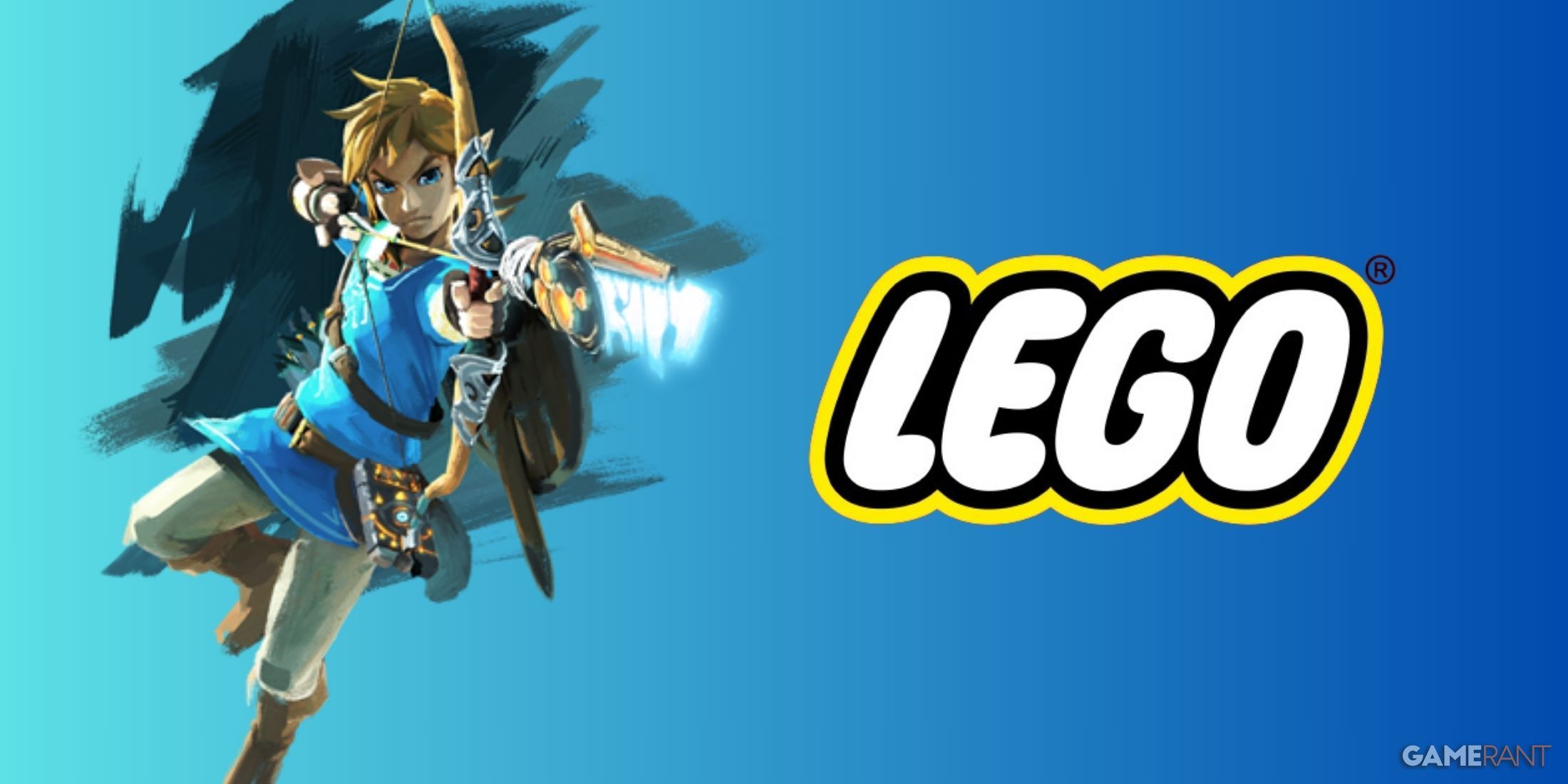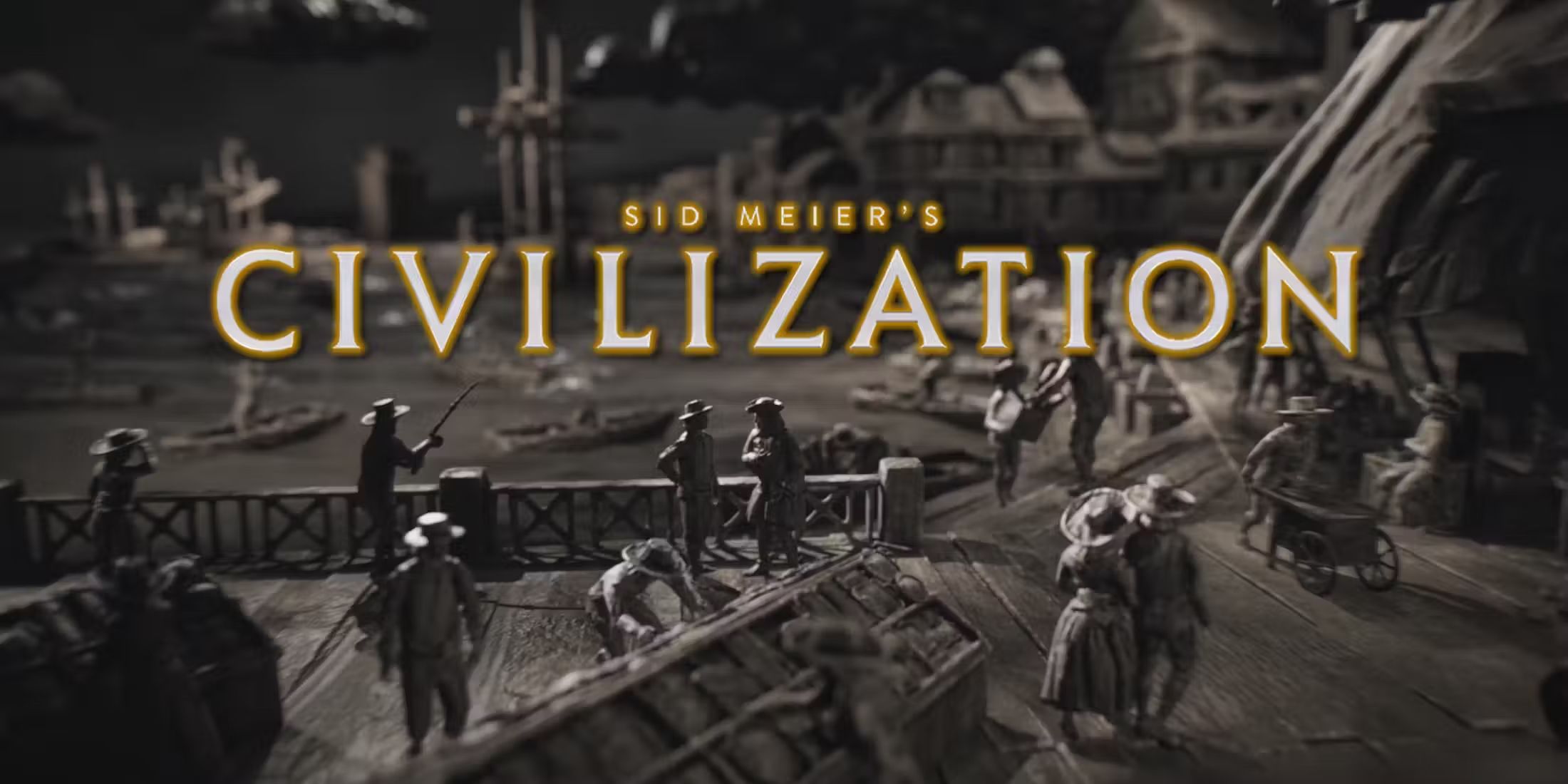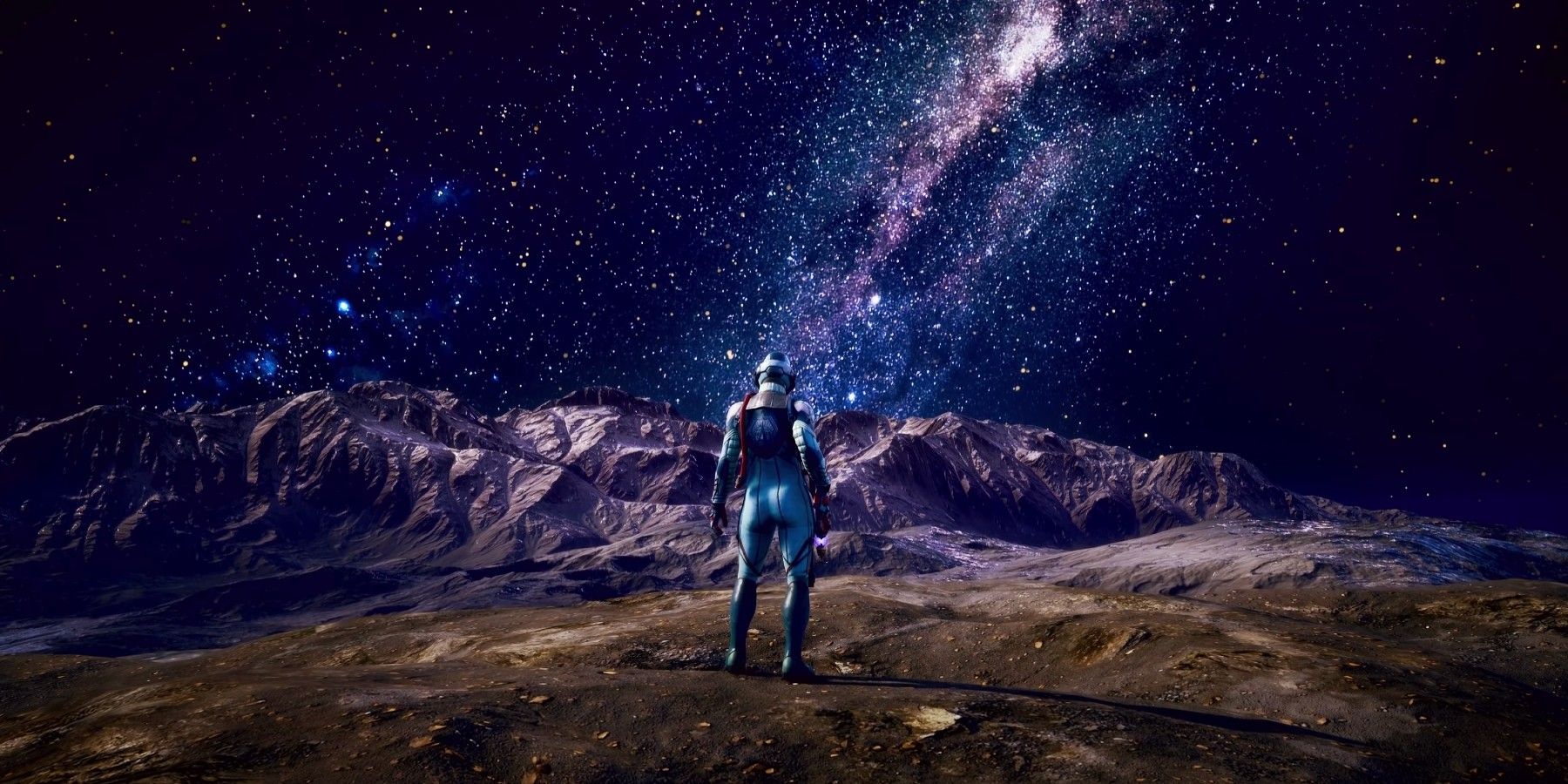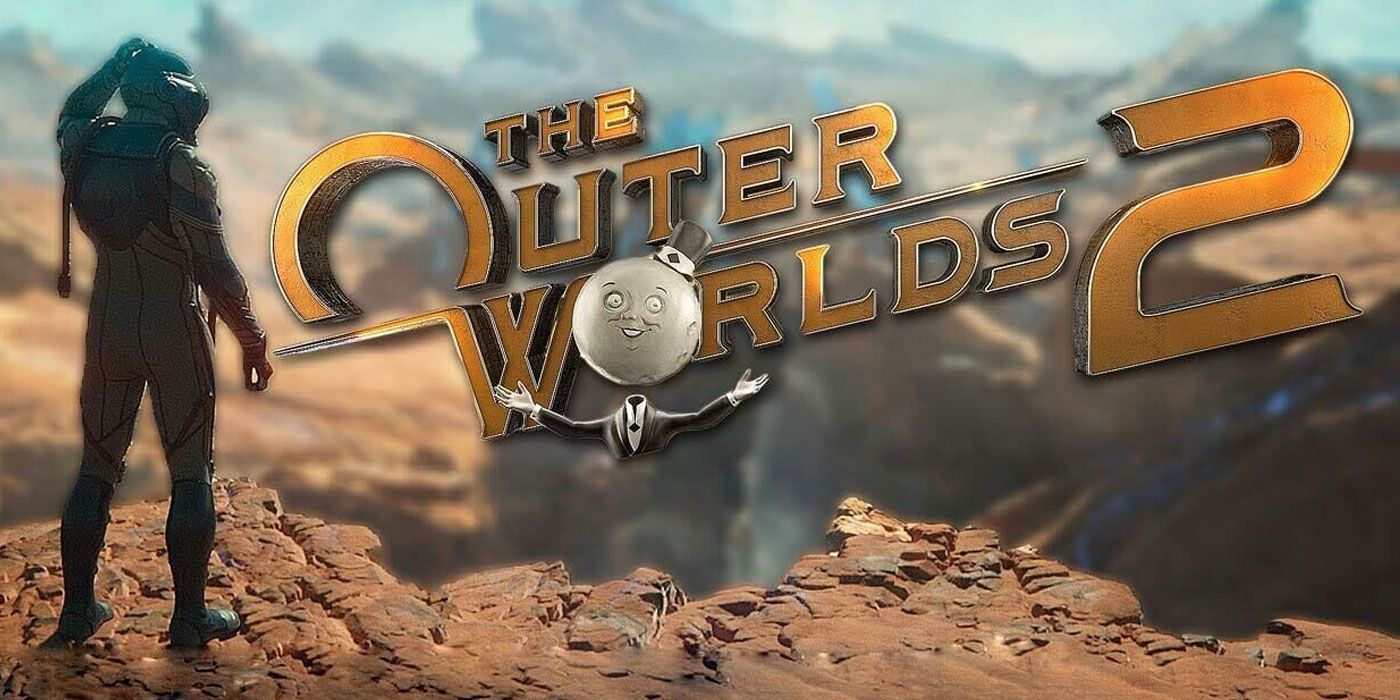The Outer Worlds was a game as colorful as its characters, rife with interesting terrain to explore, quests to complete, and decisions to make. Like other RPGs, it allowed for the freedom to tailor its experience. Through moral quandaries and dialogue choices imbued with different tones and personality, the protagonist of The Outer Worlds could become an extension of players themselves. While the first game was successful in its silent approach for the player character, the use of a voiced protagonist in The Outer Worlds 2 could help to accentuate these choices, furthering the impact of the game's dialogue.
The Outer Worlds was incredibly successful in its use of tonal shifts, seen not just in its major choices, but in its myriad character interactions. The game excelled in its satirical approaches, with much of its humor relying on voice direction. One example of this was through Martin Callahan of Spacer's Choice, otherwise known as the Moon Man, whose deadpan delivery intermixed with corporate slogans was the highlight of the Groundbreaker's offerings. Much of the player's dialogue choices in response to his depressing corporate lingo helped to create a good back-and-forth between the two, which could pave the way for similar interactions in the sequel.
A Voiced Protagonist in The Outer Worlds 2 Could Help to Accentuate Its Different Tones
Such interactions could be heightened through voiced responses from the player, which may help to amplify the different tonal choices presented. For example, dialogue with The Outer Worlds' Parvati as she confided in the player over her feelings for Junlei was made more impactful through the ways in which the player could react. Given this was a pivotal character moment where Parvati disclosed her asexuality, the player had the option to sympathize or even empathize with the character's struggles, or to brush off the character as she poured her feelings out.
Having an option like this in the game's sequel could make voiced responses more tangible, with indifferent or dissuading dialogue feeling more heartbreaking to choose. Rather than just reading words and seeing the characters react, having to hear the words out loud could make players think twice before opting for a villainous route. Similarly, being able to hear the protagonist's banter between companions could make the group and the respect they have (or don't have) for the captain feel more realistic, putting emphasis on The Outer Worlds' moral choices along the way.
Games like Cyberpunk 2077 showed that voiced player characters could be used without detracting from the freedom of a customizable protagonist. While the silent versus voiced protagonist has been a divisive point among RPG fans, both have the potential to be used successfully in the genre. Voiced protagonists on a smaller scale may be viable given how The Outer Worlds was quite a short game in comparison to other RPGs, and its sequel might follow the same approach, paving the way for such an inclusion.
Ultimately, The Outer Worlds 2 looks to be an exciting new adventure for fans of Obsidian Entertainment, with many hoping that the game will push the boundaries of the original. Though it is uncertain whether the feature of voiced protagonists will be included, it's likely that the title will bring a plethora of new experiences to help cement the game as a standout. As fans await news regarding its gameplay and story, The Outer Worlds 2's new star system remains a mystery waiting with new enemies, companions, and capitalism to satirize.
The Outer Worlds is available now for the Nintendo Switch, PC, PS4, and Xbox One.

